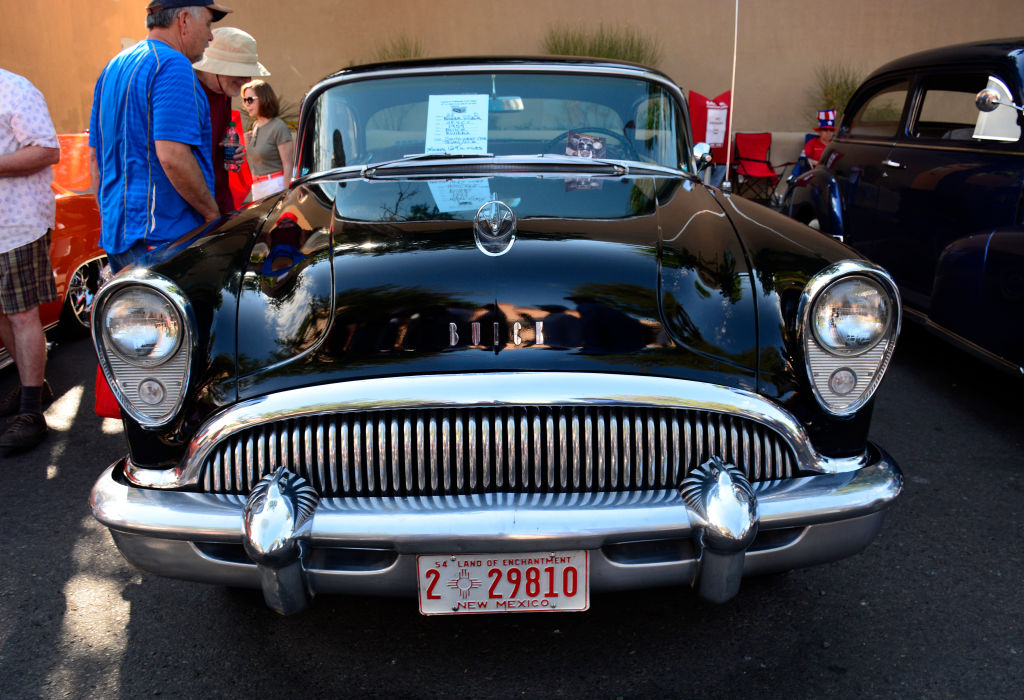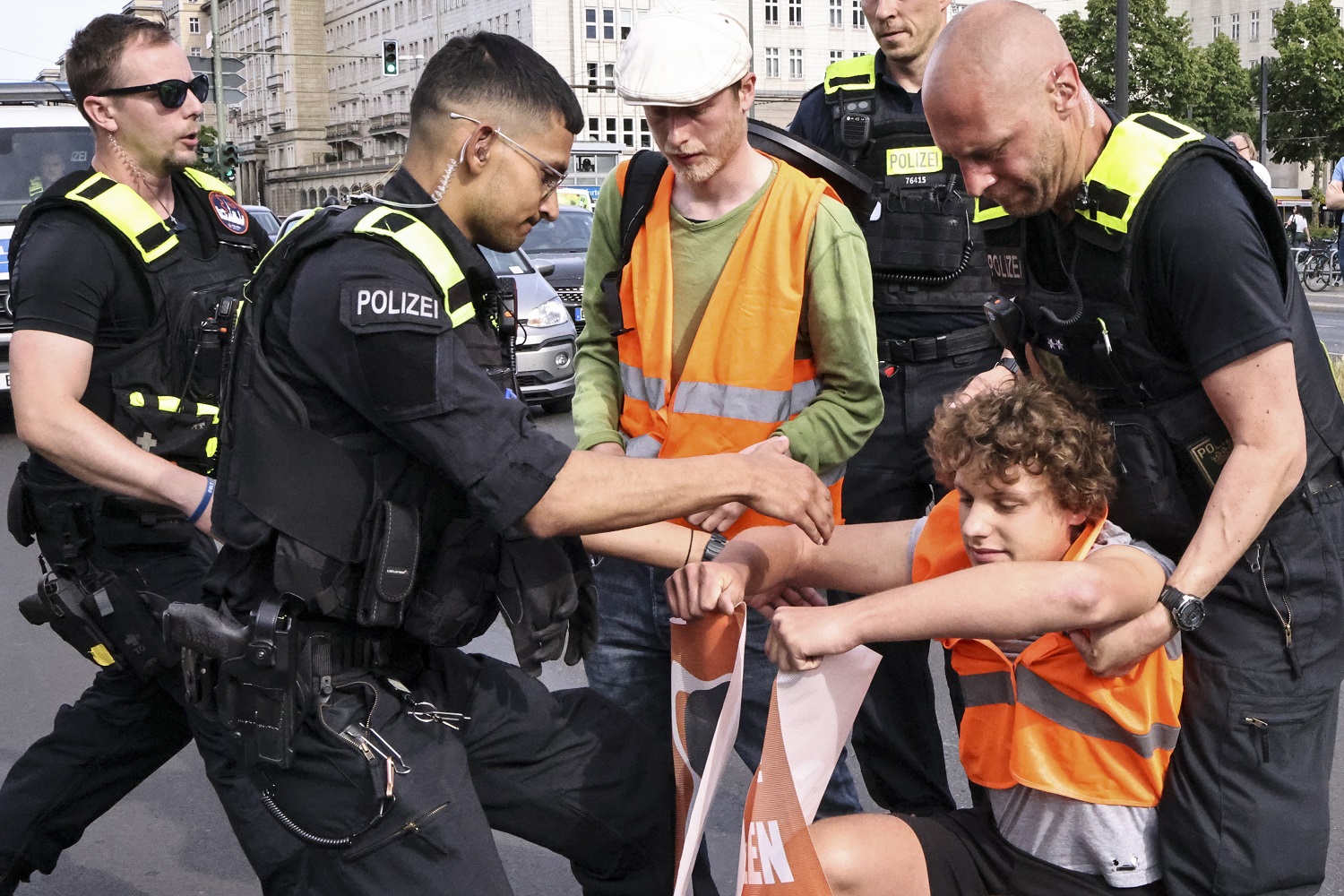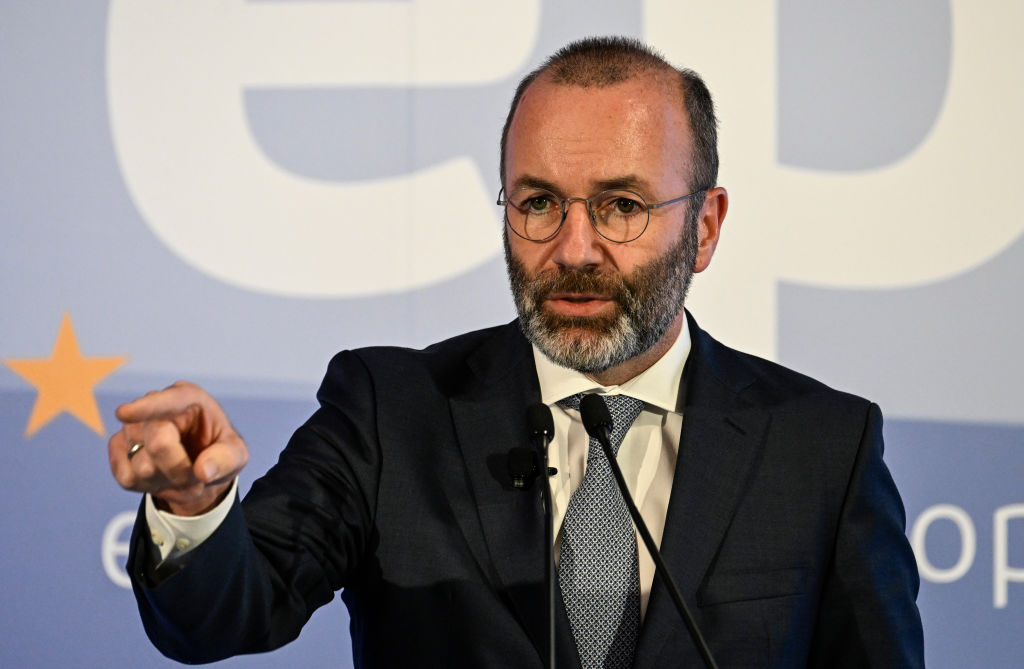The European Union will ban production of all vehicles that emit CO2 from 2035 onwards, insisted Frans Timmermans, European Commission Executive Vice-President for the European Green Deal.
The announcement followed what he said would be “a very, very small exception” for those using so-called e-fuels. These are gas or liquid fuels produced from renewable sources – solar or wind power, for example – or other forms of “decarbonised electricity”.
He told German media outlet Rheinische Post that any vehicles using e-fuels still needed to obey the same rules as hydrogen and electric vehicles and produce zero CO2 emissions.
“If you say that we can use e-fuels to build cars without CO2 emissions, then you have to try,” he said, adding the EU was “technologically open” to the possibility.
Still, despite the limited e-fuels exemption, the “vast majority” of the automobile industry recognised it was “much cheaper to switch to electric mobility or to work with hydrogen”, added Timmermans.
Still, he said the EU would be unable to hit its targets without phasing out the traditional combustion engine.
News that the EU would not make exceptions to its upcoming ban is bad for Europe’s automotive industry, observers say, which lags behind the US and China in electric vehicle (EV) production.
US President Joseph Biden’s 2022 Inflation Reduction Act includes $370 billion worth of subsidies designed to lure in EV suppliers.
Elsewhere, Volkswagen CEO Thomas Schäfer has said tumbling sales of EVs in Germany represent a “perfect storm” for his company.
Volkswagen was “still too complex, too slow, and too inflexible” at making EVs, after having “allowed costs to escalate in many areas”, he said.
And being unprepared for an era of emission-free EU car production in just 12 years puts the “future of the VW brand” at stake, Schäfer warned.





